Around 10% of the UK’s car rental fleet has a plug – either fully electric or hybrid – well ahead of the 5% share seen in the overall UK car fleet, new research suggests.
A new ‘Rental Credentials’ report, from the British Vehicle Rental and Leasing Association (BVRLA), shows that the battery electric share of the car rental fleet has risen 200% since 2022 and now stands at 4%.
Meanwhile, since 2018, petrol cars on the rental fleet have grown from 48% to 73% of all vehicles, while diesel’s share has collapsed from half of the fleet (50%) to just 11% of cars operated by vehicle rental companies.
This matches wider market sentiment, with diesel’s new market share in the UK dropping to only 6.2% in the SMMT’s most recent figures.
With average CO2 emissions of 125.9g/km, the rental car fleet is lower than that of the average car on UK roads at 132g/km.
The operator survey also showed that the average rental car does over 11,000 miles per year.
Produced in collaboration with PA Consulting, the ‘Rental Credentials’ report includes feedback from more than 1,250 customers and operating data from companies responsible for around 70% of the UK’s car and van rental fleet.
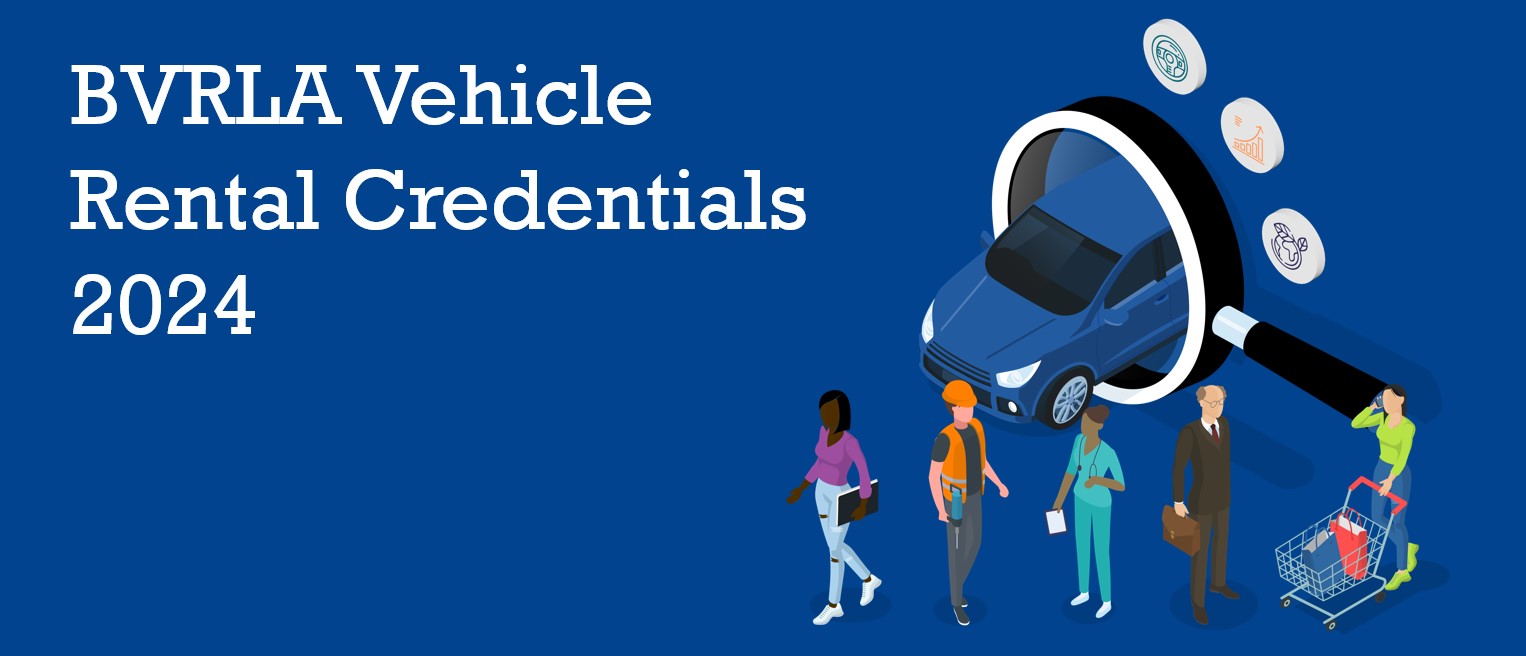
“Anyone making a significant journey on the road network will pass dozens of unbranded rental vehicles,” said BVRLA chief executive, Gerry Keaney.
“This report captures the vehicle rental sector's impact and the scale of its contribution to the UK's economy and society.
“Rental is a proactive, innovative industry that policymakers should work with to unlock fairer, more sustainable and affordable mobility in Britain.”
Combining this data with the insights of senior executives from across the car and van rental industry, the report splits its findings into three themed chapters.
The first of these explores how the reliability and flexibility vehicle rental provides to its customers helps keep Britain moving.
The second chapter highlights the sector’s role in helping Britain grow.
Sustainability is the final theme, which sets out how vehicle rental helps to reduce transport emissions, reliance on private vehicles and reticence about using EVs.
Some of the report’s key insights include:
- The average rental car is eight years younger than its privately-owned alternative.
- 58% of car hire and 82% of van hire is with business customers.
- Most Critical National Infrastructure sectors rely on vehicle rental.
- The use of car rental instead of private vehicles saves over 25,000 tonnes of CO2/year.
- Vehicle rental has contributed to the disposal of around 90,000 private cars in the last year.
Europcar grows plug-in fleet
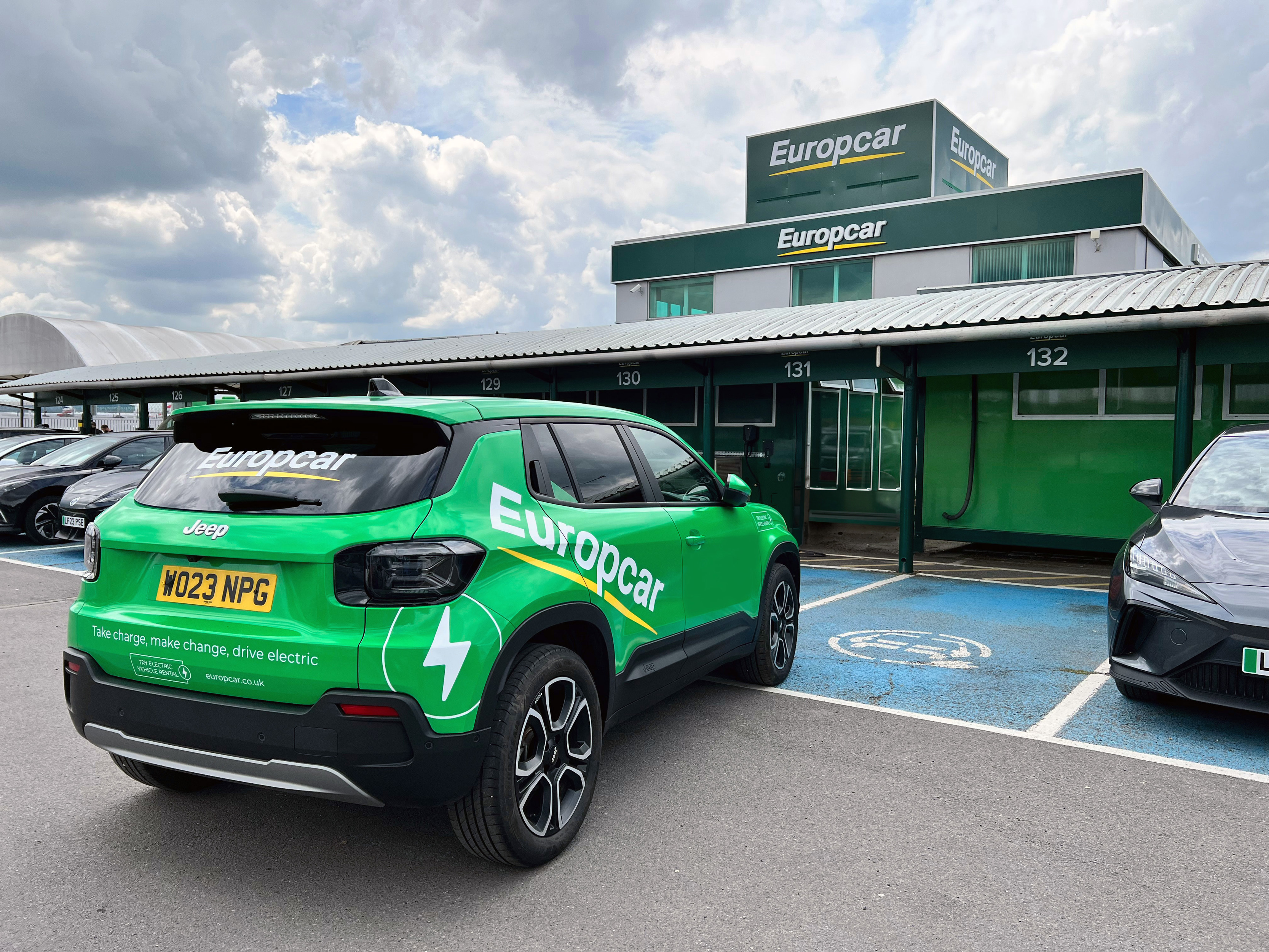
EVs accounted for more than 12% of Europcar’s fleet – a 379% increase over 2022 - at the end of 2023, with customers driving more than 3.5 million EV miles and 50,000 more EV rental days than the previous year.
The company’s ambitions for 2024 are even greater as it schedules a range of new electric models for the fleet based on its strong OEM partnerships.
Amongst the car additions to the Europcar fleet are the recently launched Jeep Avenger, the Skoda Enyaq and the Volvo XC60 and XC90 PHEVs.
These new EV models come alongside the already well-established fleet of Tesla Model 3s, Mercedes-Benz EQ models and MG4 available from Europcar locations across the UK.
Europcar has also introduced a stress-free approach to vehicle charging for its rental fleet, to ensure customers don’t have to worry about returning the vehicle with a full charge.
Every electric vehicle is provided at the start of rental with between 50% and 80% charge and the vehicle can be returned with just 20% battery charge.
Tom Middleditch, head of electric mobility at Europcar Mobility Group UK, explained that the fleet strategy is designed to give both business customers and private motorists a wider choice of vehicle types to experience zero emission motoring in real-world conditions.
“The latest new car sales figures show that there continues to be an appetite for electric motoring, however much of that is currently driven by the corporate sector, where business drivers can benefit from company car and salary sacrifice schemes,” he said.
“The issue - revealed in our own research - is that there are still underlying concerns about the cost of entry into electric motoring with two in three private drivers surveyed in Quarter 1 citing this as a barrier.
“Charging infrastructure also remains a barrier for half of private drivers, despite the availability of charging growing significantly in the last year. Plus lack of knowledge was named by more than one in five (23%) respondents as a key challenge they face in making the switch.”
The vehicle rental sector employs over 30,000 people, with a fleet of around 450,000 cars and vans, operating at over 1,500 branches in every part of the UK.
The full Rental Credentials report is available via the BVRLA website.



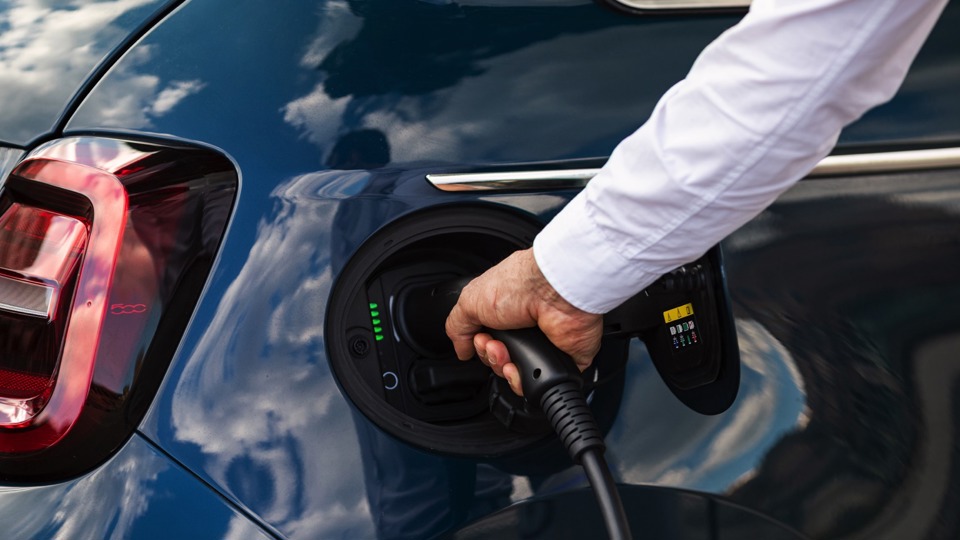




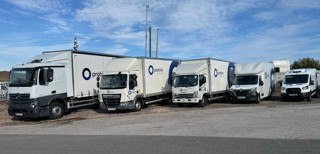



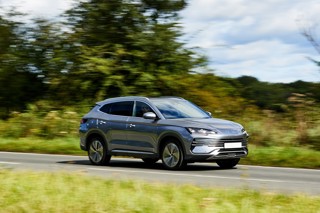












Login to comment
Comments
No comments have been made yet.